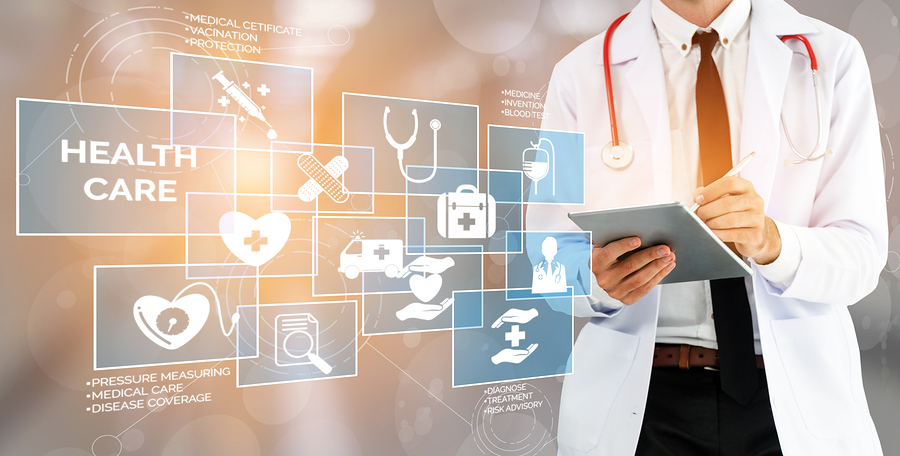Medical translation and interpreting is a specialised profession in which there cannot be any leeway or complacency when it comes to accuracy. A mistranslated or misinterpreted word or phrase can literally cause someone’s death. Modern healthcare today is more or less totally reliant on translation and interpreting services. Here are some of the more important reasons why this is so.
Populations are much more multilingual than ever before
Multicultural populations need effective healthcare translation and interpreting in order to avoid inequalities in health outcomes. The linguistic mix of many nations today is far greater than it has ever been in the past. Affluent western nations receive thousands of refugees every year, some because of a hope for better economic fortune others who are fleeing persecution, violence and war. These new migrants need medical care and they need to understand health care professionals in their new home, however temporary it is. Hospitals need interpreters, at least for the most common languages spoken other than the official language of that country.
Instructions for use of medication
This is an extension of the above in that patients are often given drugs to take home and use on a regular basis. These patients cannot be supervised 24/7. If their understanding of the main official language is limited there is a serious danger that they could self-administer their medication in the wrong doses, too often or not often enough. Labels need to be translated so that the instructions for use are clear and simple to understand.
International medical and scientific collaboration
Research and development of new drugs and vaccines, as well as techniques and treatment, is international. Medical science is a collaborative effort and this means that there is a huge demand for medical and scientific translators to translate medical documents so that collaboration can proceed smoothly. Medical conferences and conventions are opportunities to share knowledge and ideas. These important international meetings
International humanitarian aid
Medical aid is being carried out in more places than ever before as doctors and other professional help out in war zones and places which are impoverished and yet require medical needs which cannot be met by the domestic healthcare system. Organisations like the Red Cross, Red Crescent, Medecins Sans Frontieres, United Nations health organisations like WHO and others, require a steady stream of translators and interpreters to maintain effective communication with foreign officials, health professionals and patients.
Manufacture of medical appliances
When medical instrumentation or machinery is manufactured it is likely it will be sold all around the world. Like any new appliances, manuals are prepared so that medical personnel using the instruments know how to assemble it, use it and maintain it. The medical manual translation is an extremely important technical requirement. It’s not just the language conversion that is required, but an awareness of national directives and regulations that must be addressed whenever a new device is prepared for use elsewhere in the world.
The same need for effective translation is true for drugs and other medical consumables as well. The E.U., for example, has its own strict requirements that must be matched before new drugs can be made available to the medical industry. A U.S. or Australian developed and manufactured drug may or may not match the criteria for use in any of the E.U. countries. Medical translators are needed to make sure that the criteria each new market requires are addressed adequately.



